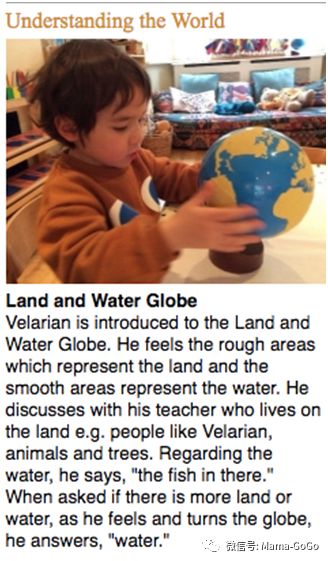Exploring the Themes of Love and Loss in Western Literature
Western literature has a rich tradition of exploring the complex and universal themes of love and loss. From Shakespearean tragedies to modern novels, these themes have captivated readers and continue to be central to many literary works. In this paper, we will delve into the ways in which love and loss are portrayed in Western literature, analyzing the different perspectives, symbols, and narratives that authors use to convey these powerful emotions.
Love:
Love is perhaps the most enduring theme in Western literature, with countless works centering around romantic love, familial love, and platonic love. Authors often use love to explore the depths of human emotion, relationships, and personal growth. In Shakespeare's plays, for example, romantic love is frequently portrayed as both transformative and destructive, with characters like Romeo and Juliet embodying the intensity and passion of youthful love. In Jane Austen's novels, love is often depicted as a means of social advancement and personal fulfillment, highlighting the complexities of class and gender dynamics in the 19th century.
Furthermore, love in Western literature is not limited to romantic relationships but extends to themes of friendship, loyalty, and sacrifice. In J.R.R. Tolkien's "The Lord of the Rings," the bond of friendship shared by Frodo and Sam is a central theme that drives the narrative and underscores the importance of camaraderie in the face of adversity. Through these various portrayals of love, Western literature offers readers a nuanced understanding of the different forms and expressions of this powerful emotion.

Loss:
In contrast to love, loss is a theme that often serves as a catalyst for character development and narrative progression in Western literature. Whether it is the loss of a loved one, the loss of innocence, or the loss of one's sense of self, authors use moments of loss to explore themes of grief, resilience, and the transient nature of life. In works like F. Scott Fitzgerald's "The Great Gatsby," the loss of unattainable dreams and the disillusionment of the American Dream are central motifs that shape the characters' actions and motivations.
Moreover, loss in Western literature is not limited to individual experiences but also extends to collective losses, such as war, societal upheaval, and environmental degradation. In novels like Toni Morrison's "Beloved," the legacy of slavery and its profound impact on the characters' lives serve as a powerful exploration of historical and intergenerational loss. By examining these complex narratives of loss, readers are prompted to reflect on the fragility of human existence and the resilience required to navigate the inevitability of change and transformation.
Conclusion:
In conclusion, the themes of love and loss in Western literature offer readers a profound and multifaceted exploration of the human experience. By delving into the nuances of these themes, authors provide insights into the depths of emotion, the complexities of relationships, and the profound effects of personal and collective experiences of love and loss. Through the lens of Western literature, readers are invited to contemplate their own experiences of love and loss, gaining a deeper appreciation for the ways in which these universal themes shape our lives and understanding of the world around us.











